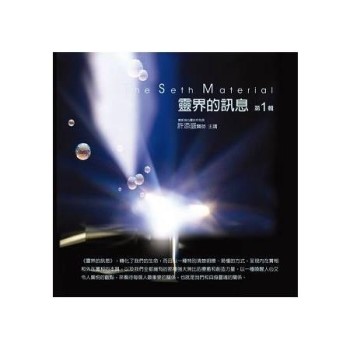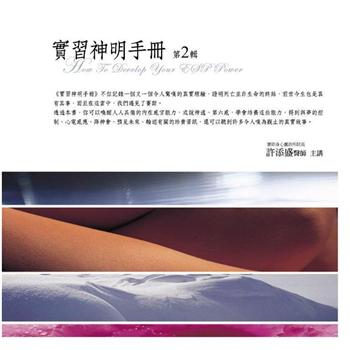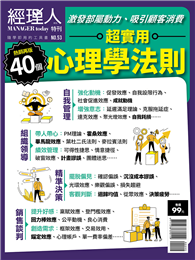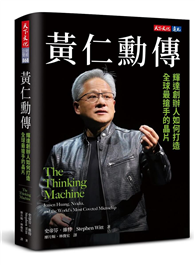This book explores the twists and turns in Argentina’s modern economic history and the debates that raged there around a problem common to all former colonies: how to achieve a level of economic growth for its population in a world characterized by unequal economic relations between the industrialized nations of the north and the commodity producers of the south.
This new perspective examines the history of ideas surrounding industrialization and economic development in Argentina, drawing on a rigorous investigation of multiple sources. It demonstrates Argentina’s role as a laboratory for and disseminator of ideas that would eventually become the common property of all the developing world. Influential thinkers such as Raúl Prebisch and Aldo Ferrer, leading figures in twentieth century Latin American economic thought, developed important ideas such as unequal international trade relations, the promise and limits of Import Substitution Industrialization, the role of the state in the development of a national capitalism. These were the forerunners of similar concerns in other countries in Latin America and elsewhere in the world.
The book will be of interest to historians, economists, sociologists of economic development, and related disciplines concerned with questions of global economic inequality.











